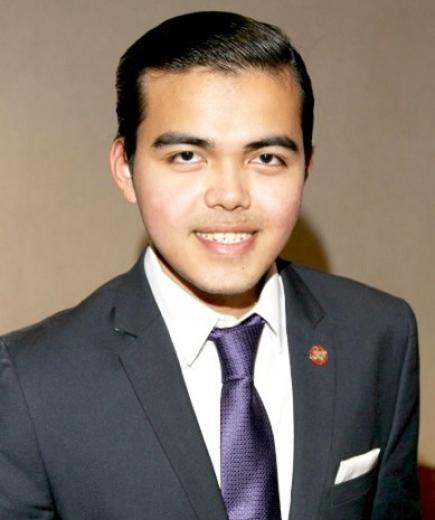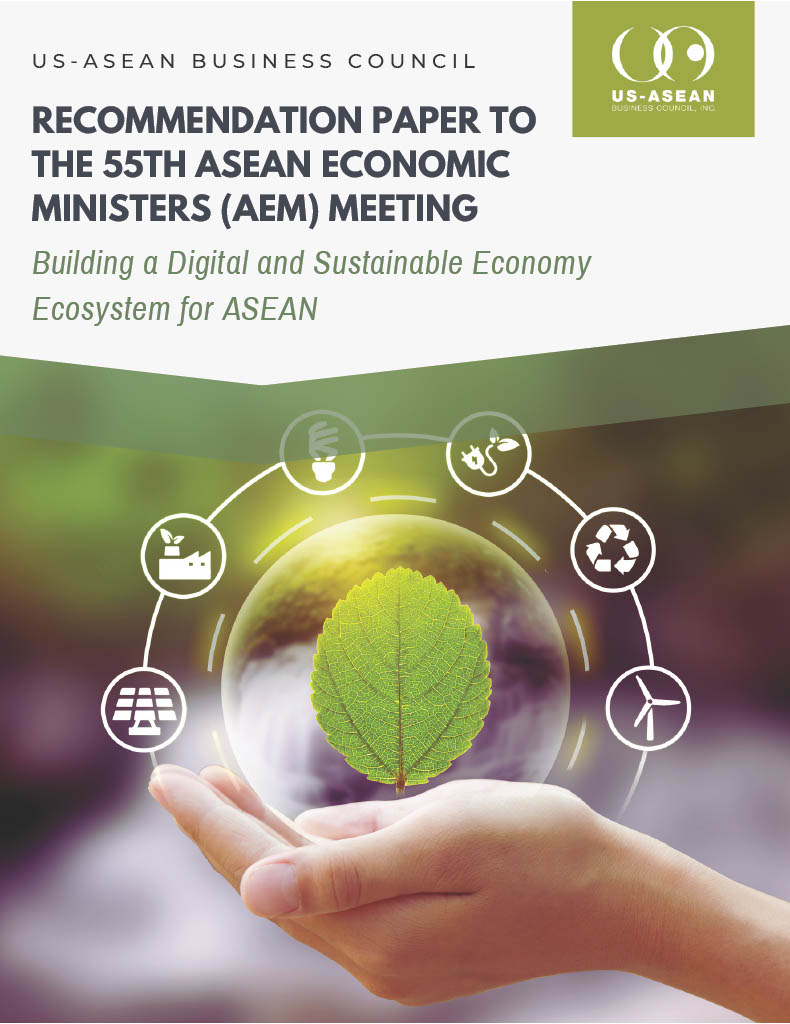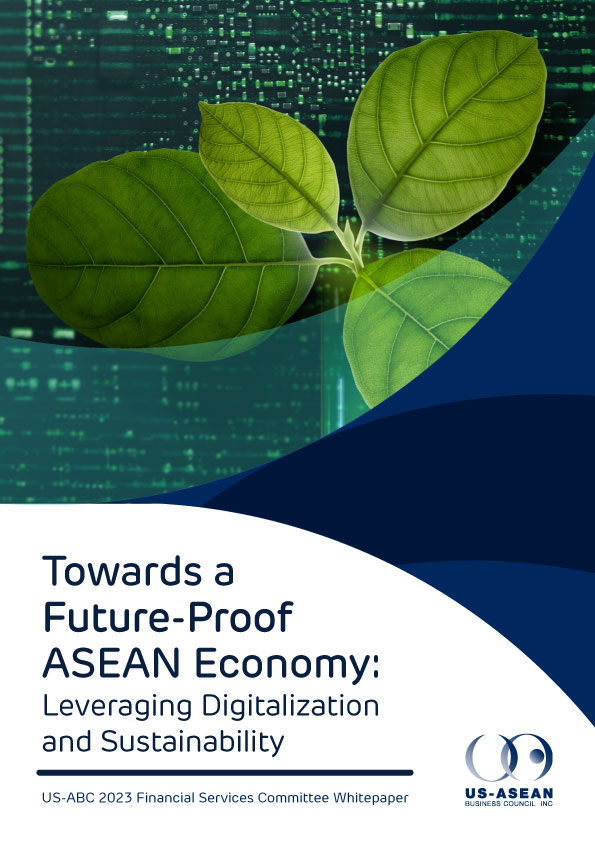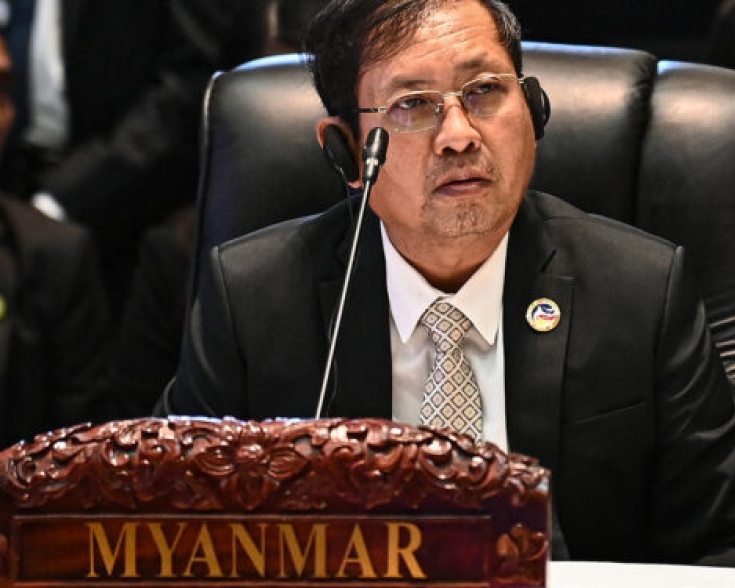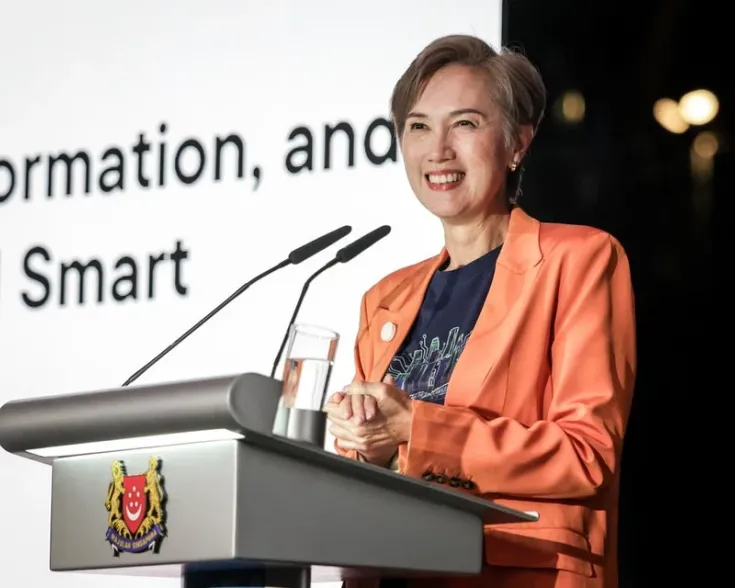The Visits to China by Myanmar Ex-president and Junta Deputy Chief
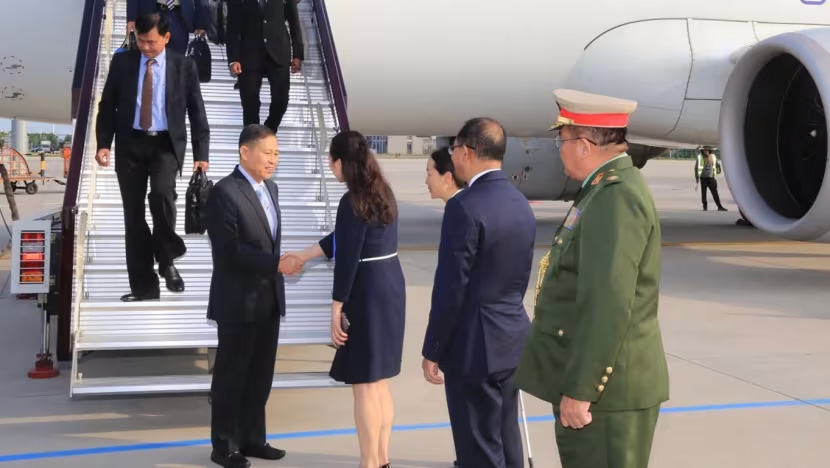
In late June, Myanmar’s former President U Thein Sein, traveled to Beijing, China at the invitation of the Chinese government to attend a conference celebrating the 70th anniversary of China’s Five Principles of Peaceful Coexistence, with Chinese leader Xi Jinping in attendance. U Thein Sein also had a private meeting with the Chinese Foreign Minister Wang Yi during the visit. The trip is significant because this was U Thein Sein’s first-high level foreign visit since his presidency concluded in 2015. Over the last few years after the coup, he has taken meetings with foreign officials, including senior Chinese officials and former UN Secretary-General Ban Ki-Moon. However, those were mostly courtesy calls in his role as a political elder.
The armed conflict in Myanmar turned most intensified when The Three Brotherhood Alliance, an alliance between the Arakan Army (AA), Myanmar National Democratic Alliance Army (MNDAA) and the Ta’ang National Liberation Army (TNLA), launched major offensives against the Myanmar military junta or State Administration Council (SAC) in Northern Shan State in October 2023. Termed “Operation 1027,” it was followed by similar offensives by other resistance groups, which forced the SAC into defensive positions on multiple fronts, leading to more troop losses and territorial shrinkage, thus weakening of its economic grip and access to resources.
A ceasefire agreement was brokered by China for Northern Shan State in January 2024, with the AA’s ongoing offensive in Rakhine State remaining outside the ceasefire’s parameters. The confidence and momentum of the resistance was further emphasized by AA’s reported capture of Thandwe airport, placing them within striking distance of popular Ngapali Beach which is just some kilometers away from the Thandwe airport. This development is significant because this is the first-ever reported capture of an airport by a resistance group and it is threatening a lucrative tourist destination where junta-affiliated cronies have many economic interests.
The fragility of the ceasefire was recently exposed when rebel forces resumed fighting in June after alleging that the SAC initiated airstrikes in The Three Brotherhood Alliance-controlled territories, thus violating the earlier agreement. U Thein Sein’s visit coincided with the renewed fighting in Northern Shan State.
U Thein Sein’s visit was soon followed by an official visit from Vice Senior General Soe Win, the deputy leader of Myanmar’s military junta, in earlier weeks of July. While this made Gen. Soe Win the highest-ranking military leader to visit China in an official capacity since the 2021 coup, it was only reported to attend the Shanghai Cooperation Organization’s Green Development Forum in Qingdao in Shandong province. According to the junta-controlled state media, however, he held bilateral talks with China officials and discussed issues concerning border security, cracking down on online gambling and drug smuggling, and boosting trade between both countries.
While the convenient conclusion might state that China prefers former presidents over current military leaders or that U Thein Sein’s visit facilitated Gen. Soe Win’s, CNA reports suggest it was not entirely the case. Sources close to the Myanmar military indicate that Beijing initially intended to engage deputy leader Gen. Soe Win and had planned to invite him in the first quarter of the year. However, the junta leader, Senior General Min Aung Hlaing’s trust issues with Gen. Soe Win at that time disrupted the engagement and invitation process.
Regarding China’s reluctance to officially host Gen. Min Aung Hlaing, even though it is open to engaging with junta leaders, it is believed that Beijing demands firm dates for an election - originally promised for August 2023 - or concrete plans for Myanmar’s transition towards democracy, or pre-coup status quo or more importantly for them, stability. Additionally, U Thein Sein’s reputation as a supposed “radical reformer” who played a significant role in Myanmar’s 2015 democratic transition may have made him an ideal figure for China to engage with, as a symbol of their preferred future direction for Myanmar.
U Thein Sein’s meeting with Chinese Foreign Minister Wang Yi likely involved discussions beyond what was officially disclosed. Coinciding with renewed intense fighting in northern Shan State after the breakdown of a China-brokered ceasefire, The Irrawaddy speculated that U Thein Sein might have conveyed a plea from the Myanmar junta for China to intervene in the conflict. According to CNA sources, Wang Yi also asked U Thein Sein to persuade Gen. Min Aung Hlaing to hand over power and form an interim government to pave the way for elections. While China desires stability in Myanmar, it seems reluctant to completely discard the central administration, favoring a transition rather than a complete breakdown.
What is pretty sure was that Gen. Soe Win had significant convincing to do. This included seeking China’s support in suppressing opponents and influence in intervening in the renewed threats from ethnic armies in Shan State. Additionally, discussions may have included election plans and addressing escalating fighting.
